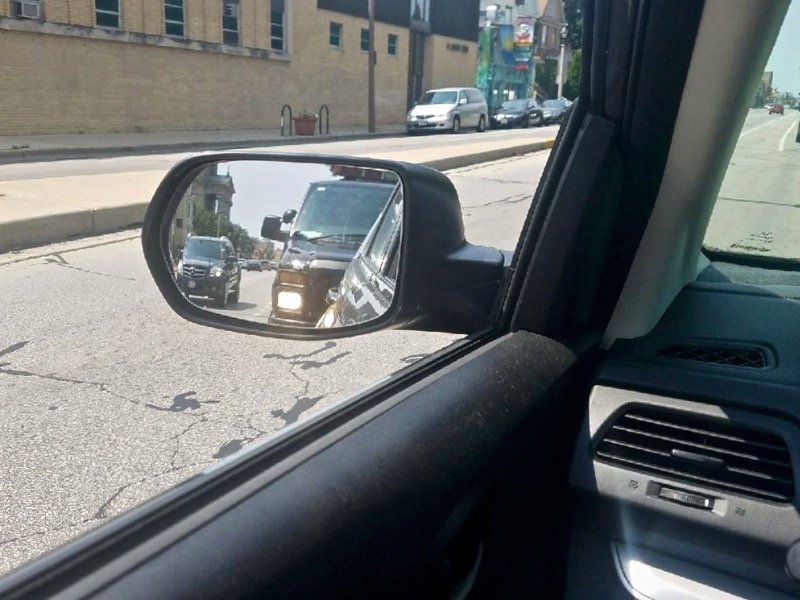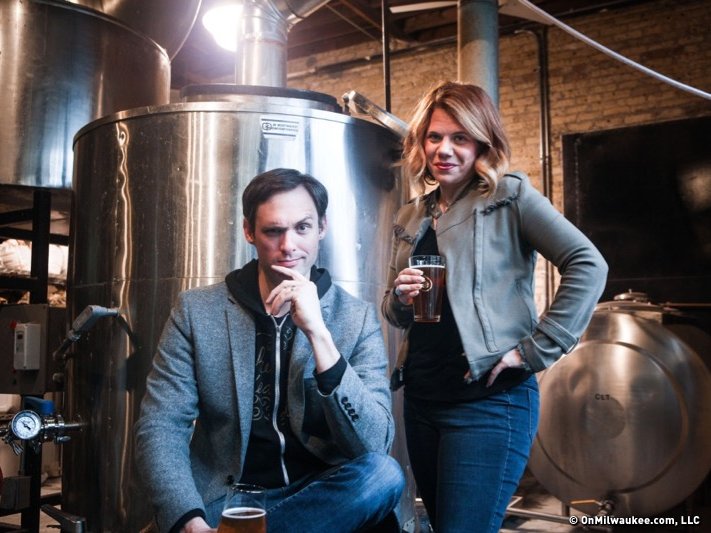When word traveled late Monday that Instagram was making a change to its policy, many people were taken aback by the photo-sharing service’s plans.
Starting in January, if you agree or agreed to the terms of use agreement – you know that long list of things you blindly agree to and never read – your photos may be used in advertisements. Yep, your face, or your children, or your friend on a bender and posing next to the Bronze Fonz – can be used on other digital sites hawking products.
While Instagram, now owned by Facebook, won’t own the user generated content, the terms "hereby grant to Instagram a non-exclusive, fully paid and royalty-free, transferable, sub-licensable, worldwide license to use the Content that you post on or through the Service."
I doubt the intention would ever lead to Instagram selling individual photos, however, it does lead to a fun territory in our digital world. Is a free social media platform ever free?
One Twitter feed known for its ties with the hackers group Anonymous suggested users dump the app as a way to show the company your disgust of their updated terms.
On its Twitter feed, Instagram offered this statement: "We've heard you that the updates to our Privacy Policy & Terms of Service are raising a lot of questions. We'll have more to share very soon."
We’ll see what, if anything, they plan to change here.
GOOD BYE: The adventures of Serena, Blair and Chuck came to an end Monday when CW wrapped up "Gossip Girl."
The fans were not the only ones shedding a tear, as the show was known for its introduction of tech gadgets among marketers. Verizon beat out cellular competitors for the right to have the show’s stars use its gadgets in various plot points since the show’s beginnings in 2007.
Last month I wrote about product placement in movies and on TV shows. "Gossip Girl" was among the trailblazers that make it seemingly o.k. again to have fictional characters become pitchmen for products. It was nothing new in TV, just the latest tide rolling in on the practice.
Microsoft and H-P products made appearances in the program, and I’m sure digital marketers are searching for the next "Gossip Girl" to come along for their latest gear.
BIG RATINGS DEAL: On the heels of the announcement teaming up with Twitter for a new social rating for TV shows, Nielsen is going to be the big kahuna in radio ratings as well.
On Tuesday morning, Nielsen announced it was going to purchase Arbitron for $1.26 billion. For decades Arbitron has been the industry standard in rating radio markets in the U.S. In the Milwaukee market, Arbitron recently transitioned to a people meter market, meaning it has a number of users with personal listening meters that serves as a mathematical representation for the entire area.
BEER: MillerCoors is finding a way to advertise on Super Bowl Sunday without purchasing expensive spots during the broadcast on CBS. The beer maker will be promoting Redd’s Apple Ale through a number of one-second ads purchased on local affiliates. For instance, here in Milwaukee MillerCoors would buy ads from WDJT-TV Ch. 58.
Because Anheuser-Busch InBev is the official beer sponsor of the Super Bowl, MillerCoors is locked out of making a nation-wide purchase from CBS.
Media is bombarding us everywhere.
Instead of sheltering his brain from the onslaught, Steve embraces the news stories, entertainment, billboards, blogs, talk shows and everything in between.
The former writer, editor and producer in TV, radio, Web and newspapers, will be talking about what media does in our community and how it shapes who we are and what we do.







